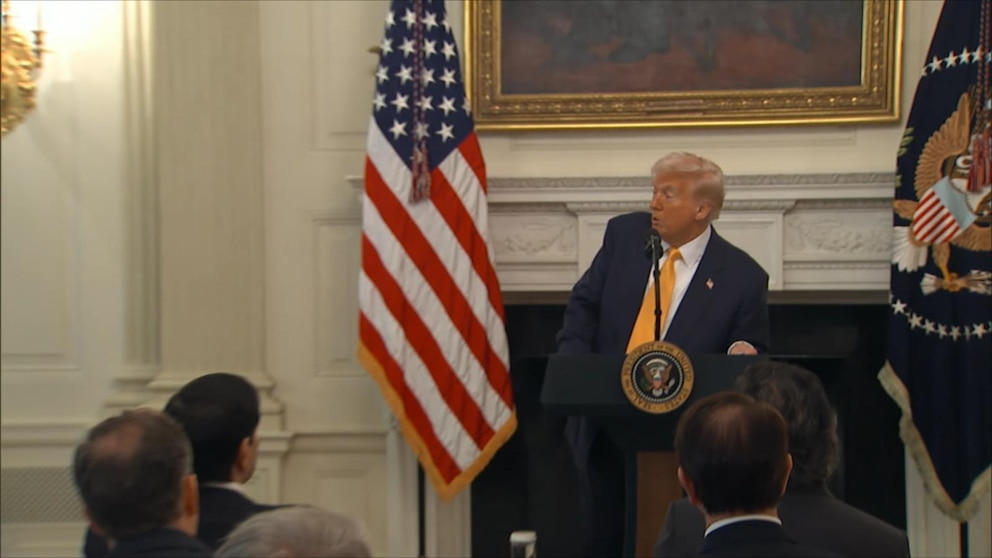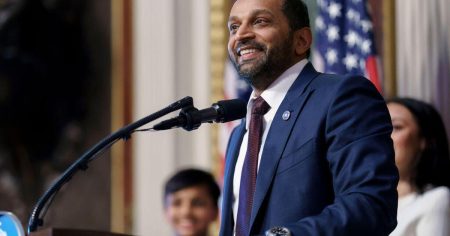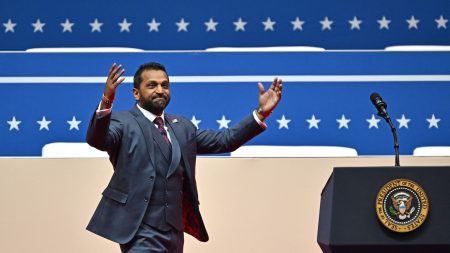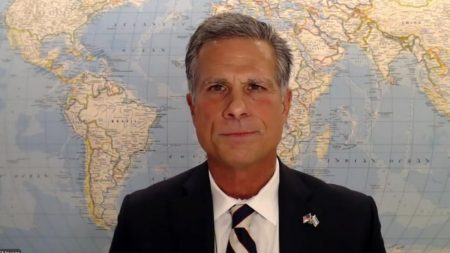Trump and Maine Governor Clash Over Trans Athlete Executive Order
In a recent and highly publicized dispute, President Donald Trump and Maine Governor Janet Mills found themselves at odds over an executive order addressing the participation of transgender athletes in sports. The debate, which has sparked intense discussion nationwide, centers on a directive aimed at restricting transgender athletes from competing in categories aligned with their gender identity. Constitutional law expert Robert McWhirter weighed in on the matter, offering insights into the legal and political dimensions of this contentious issue. As the 2024 election cycle heats up, this clash underscores the broader cultural and political fault lines that continue to divide the country.
The Executive Order: Context and Controversy
At the heart of the conflict is an executive order signed by President Trump, which seeks to bar transgender athletes from participating in female sports leagues at the federal level. Proponents of the order argue that it is necessary to preserve fairness and competitive balance in women’s sports, while critics, including Governor Mills, view it as discriminatory and an overreach of federal authority. Maine, which has historically been a politically moderate state, has emerged as a battleground in this debate. Governor Mills has been vocal in her opposition to the order, vowing to protect the rights of transgender athletes in her state.
Expert Analysis: Constitutional and Legal Implications
Constitutional law expert Robert McWhirter provided a nuanced analysis of the legal and constitutional dimensions of the executive order. He noted that the issue touches on several key areas of constitutional law, including the Equal Protection Clause of the Fourteenth Amendment and the intersecting rights of states versus federal authority. McWhirter explained that while the federal government has the power to regulate certain aspects of sports under Commerce Clause authority, questions remain about whether such an order exceeds federal jurisdiction. He also highlighted the potential for legal challenges, particularly from civil rights groups and states like Maine, which may argue that the order violates the rights of transgender individuals.
Examining Both Sides of the Debate
The debate over transgender athletes in sports is deeply polarizing, with passionate arguments on both sides. Supporters of the executive order, including many Republican lawmakers and conservative advocacy groups, argue that allowing transgender athletes to compete in women’s sports creates an unfair advantage. They point to instances where transgender female athletes have excelled in their respective sports, claiming that this undermines the integrity of women’s athletics. On the other hand, opponents, including LGBTQ+ rights organizations and many Democrats, argue that such policies are discriminatory and violate the rights of transgender individuals to participate in sports consistent with their gender identity.
The Broader Implications of the Debate
Beyond the immediate legal and political ramifications, the clash between Trump and Governor Mills reflects a larger cultural struggle over gender identity and inclusion. The debate over transgender athletes in sports has become a flashpoint in the broader conversation about LGBTQ+ rights, with each side accusing the other of extremism. For supporters of the executive order, the issue is about protecting the integrity of women’s sports and ensuring fair competition. For opponents, it is about upholding the principles of equality and inclusion enshrined in the Constitution. The resolution of this issue will have far-reaching implications for transgender individuals, sports organizations, and the balance of power between state and federal governments.
Conclusion: A Nation Divided
As the debate over the transgender athlete executive order continues to unfold, it is clear that the country remains deeply divided on this issue. The clash between President Trump and Governor Mills serves as a microcosm of the larger cultural and political divides that define contemporary America. While constitutional law expert Robert McWhirter and others have provided valuable insights into the legal and political dimensions of the debate, the ultimate resolution of this issue will require a thoughtful and nuanced approach that balances competing values of fairness, equality, and individual rights. For now, the nation waits as this contentious matter plays out in the courts, state legislatures, and the court of public opinion.















